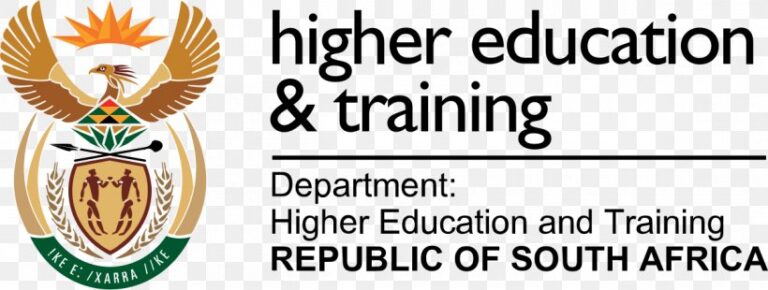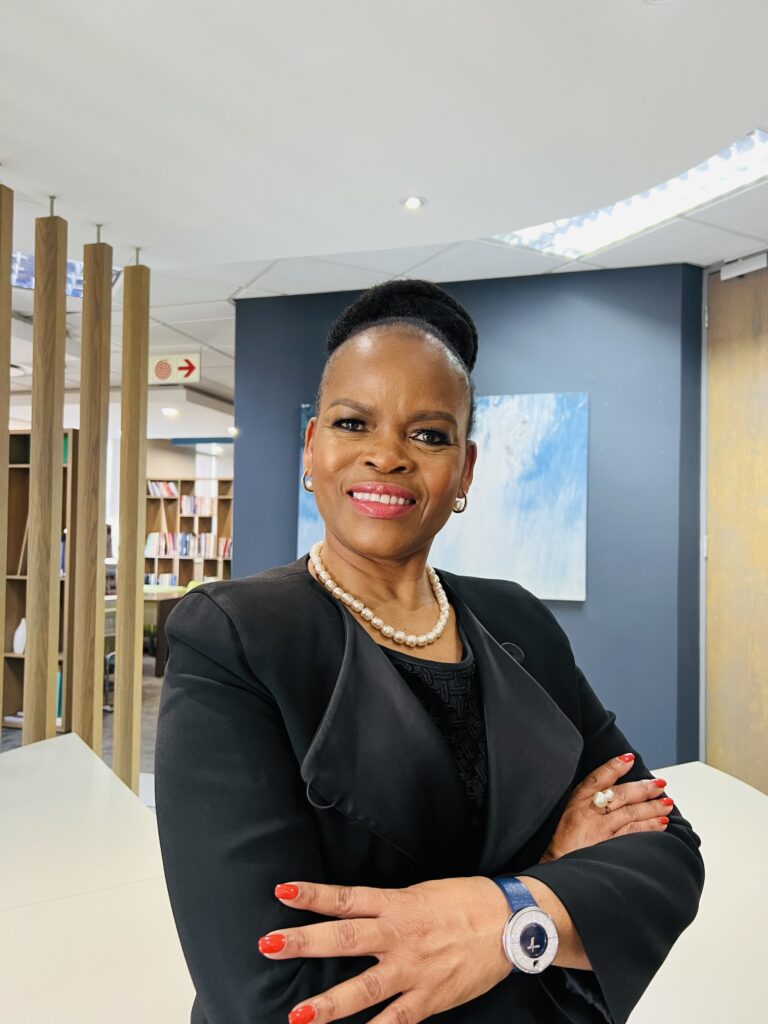
Universities South Africa’s inaugural Thought Leadership event has secured the attendance of up to 350 delegates representing public universities, private higher education providers, professional education bodies, career development associations, and more.
This hybrid event will gather up to 50 delegates at the Future Africa campus of the University of Pretoria. Deliberations will be extended to a much broader audience via Zoom and livestreamed to YouTube.
Under the theme Rethinking Post-School Pathways for Youth Employability in South Africa, this event will explore the pressing issue of limited access to public universities, which leaves many qualified young people without further education opportunities. In response, USAf is convening key stakeholders to examine the challenge and collaboratively develop practical and policy-driven solutions. The goal is to broaden young people’s awareness of alternative post-school education and training options—especially those that enhance employability and foster entrepreneurship.
The conversation is also meant to challenge prevailing narratives around post-school success and the primacy of university education. It will highlight the contribution of technical and vocational education and training (TVET) colleges and private higher education institutions to meeting the national skills demands.
Registered public university delegates represent the executive leadership, senior academics, and senior administrators. Private higher education institutions and TVET colleges have also signed up, as have professional bodies, career development organisations, corporate foundations, and education-focused NGOs. The dialogue has attracted interest as far afield as Malawi and Namibia. It is anticipated that policymakers from the higher education and training and basic education sectors will also attend.
Professor Martin Gustafsson, Advisor to the Department of Basic Education and Economics Professor at Stellenbosch University, will open the discussion by highlighting a national challenge: school completion rates are rising faster than university capacity, with significant implications for youth and national development. A seasoned researcher in basic education, Professor Gustafsson has extensively published on pathways for school leavers.
Building on this theme, Dr Denyse Webbstock, Senior Director of Institutional Planning, Monitoring and Evaluation at the University of Johannesburg (UJ), will explore the complexities of university planning and the policy barriers limiting public institutions from expanding to distance learning. Formerly Director of Monitoring and Evaluation at the Council on Higher Education, Dr Webbstock now leads UJ’s strategic planning, enrolment management, institutional research, and student experience initiatives – among other responsibilities.
The dialogue will next spotlight the TVET sector, with Dr Mamochite George Mothapo, Secretary General of the South African Public Colleges Organisation (SAPCO), advocating for TVET colleges as feasible and future-oriented post-school education and training pathways. Building on this, Dr Carin Stoltz-Urban, Chairperson of the South African Private Higher Education (SAPHE) Board and Chief Operations Officer at Inscape Education Group, will present private higher education as another viable route for post-school study.
The event will conclude with a forward-looking discussion on “The Future of Work and Workers in South Africa: Multiple Pathways to Meaningful Economic Participation,” led by Professor André Roux, Head of Academic Programmes in Futures Studies at Stellenbosch Business School. As Associate Professor (Emeritus) and Principal Lecturer in Economics, Professor Roux brings deep expertise in the evolving world of work and futures thinking to the conversation.
Through tomorrow’s event, USAf aims to ignite informed debates and influence creative policy reforms to expand youth access to post-school education and training, and advance equity. This event lays the foundation of a public engagement platform for USAf to articulate the challenges facing higher education in South Africa, thereby initiating and shaping national discourse around these critical issues.











